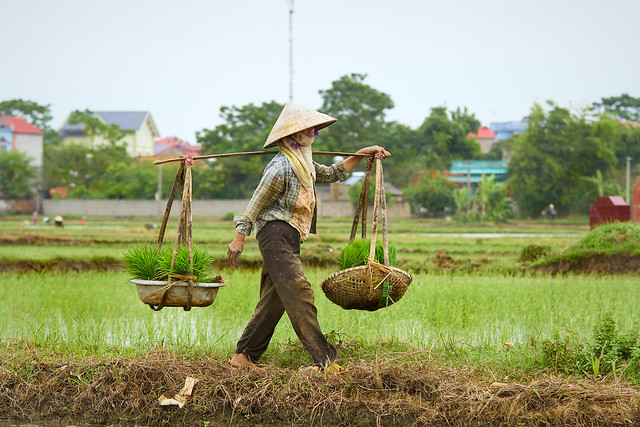Words for spear, javelin and related things in Celtic languages:
| Proto-Celtic | *gaisos = spear |
|---|---|
| Gaulish | *gaisos = spear *Ariogaisos = male given name |
| Old Irish (Goídelc) | gae [ɡai̯] = javelin, spear, penis gae cró = gush of blood, haemorrhage, unhealed wound gae gréne = sunbeam |
| Middle Irish (Gaoidhealg) | gae, ga = spear, javelin; ray, beam ga-ín = little javelin gaíde = armed with a spear |
| Irish (Gaeilge) | ga [ɡa/ɡaː/ɡah] = spear, dart, sting, ray (of light), radius, suppository, (fishing) gaff ga-chatóideach = cathode ray ga-gréine = sunbeam ga-gealaí = moonbeam ga-shiméadracht = radial symmetry gáma-gha = gamma ray X-gha = X-ray |
| Scottish Gaelic (Gàidhlig) | gath [ɡah] = dart, beam, ray (of light), sting, barb, knot (in wood), shooting pain, sprout gath-gealaich, gath-luain = moonbeam gath-grèine = sunbeam gath-leusair = laser beam gath-x, gath-òmair = X-ray gath cathod = cathode ray gath-solais = ray of light, light beam |
| Manx (Gaelg) | goull = beam, dart, ray goull eayst = moonbeam |
| Middle Welsh (Kymraec) | guaew, gvoev, gwaew, gwayw = lance, spear, javelin gwaewdwnn = with broken spear, bold, broken by pain gwaew ffon, gwaiw ffon = speak, lance, javelin, pike |
| Welsh (Cymraeg) | gwayw [ɡweɨ̯.ʊ/ˈɡwei̯.u] = lance, spear, javelin; shooting pain, stab, stitch, pang gwaywawr, gwaywor = spearman, lancer, pikeman gwaywdwn = with broken spear, bold, broken by pain gwayw-fwyell = halberd gwaywffon [ˈɡweɨ̯wfɔn/ˈɡwei̯wfɔn] = speak, lance, javelin, pike |
| Old Cornish | (hoch-)wuyu = spear |
| Middle Cornish (Cernewec) | guw = spear. lance, javelin |
| Cornish (Kernewek) | guw = spear guwa = to spear |
| Old Breton | (guu)goiou = spear |
| Middle Breton (Brezonec) | goaff, goaf, goao, gwaf = spear, stamen, boat hook |
| Breton (Brezhoneg) | goaf = spear, pike, javelin, stamen |
Etymology: from Proto-Germanic *gaizaz [ˈɣɑi̯.zɑz] (spear, pike, javelin), from Proto-Indo-European *ǵʰoysós (throwing spear), from *ǵʰey- (to throw, impel) [source].
Words from the same Proto-Celtic root include gezi [ɡe̞.s̻i] (arrow) in Basque (via Latin and Gaulish), գայիսոն [ɡɑjiˈsɔn/kʰɑjiˈsɔn] (sceptre) in Armenian (via Ancient Greek), gaesum (a Gaulish javelin) in Latin, and γαῖσος [ɡâi̯.sos] (a Gaulish javelin) in Ancient Greek [source].
Words from the same Proto-Germanic root include garfish (any fish of the needlefish family Belonidae) in English [source], geer (spear) in Dutch, Ger (spear) in German, geir (spear) in Icelandic, keihäs (spear, javelin, pike) in Finnish, [source].
My surname, Ager, possibly comes from the same Proto-Germanic root as well, via the Old English name Ēadgār, from ēad (happiness, prosperity), and gār (spear) [source].
Sources: Wiktionary, Am Faclair Beag, Online Manx Dictionary, Teanglann.ie, eDIL – Electronic Dictionary of the Irish Language, In Dúil Bélrai English – Old Irish glossary, Geiriadur Prifysgol Cymru, Gerlyver Kernewek, Gerlyvyr Cernewec, Dictionaire Favereau, TermOfis, Le dictionnaire diachronique du breton, Geriafurch, English – ProtoCeltic WordList (PDF), Etymological Dictionary Of Proto Celtic











